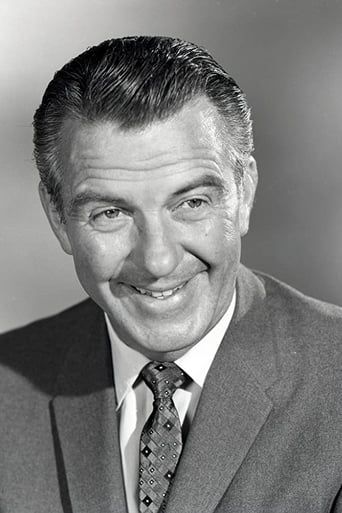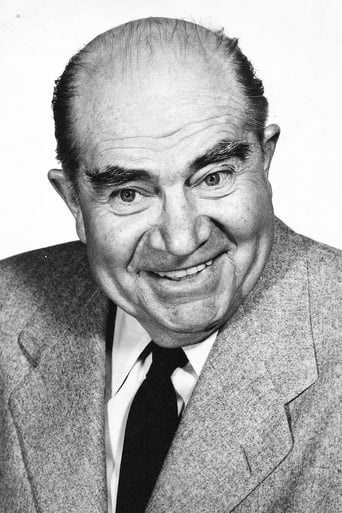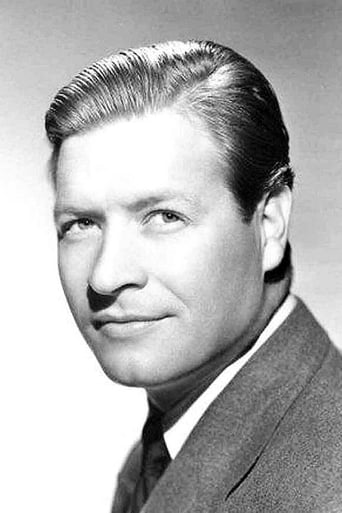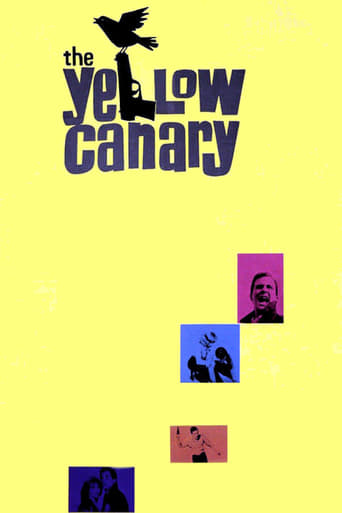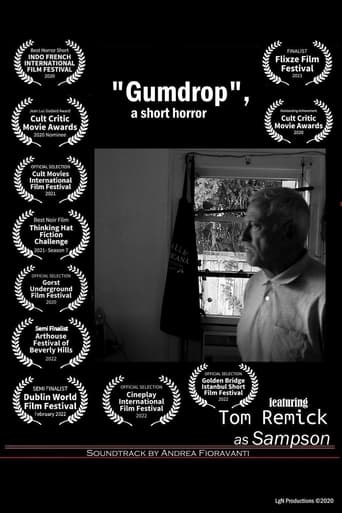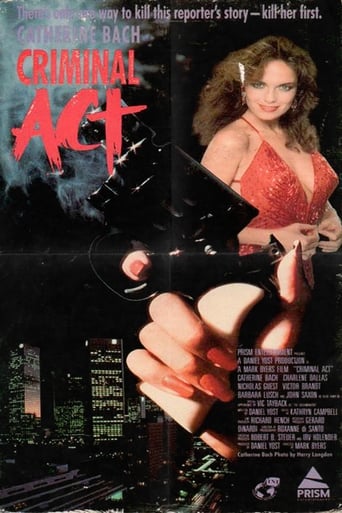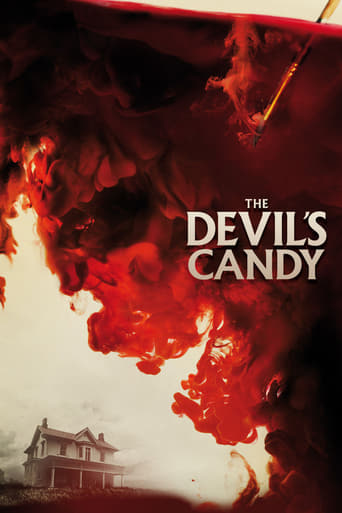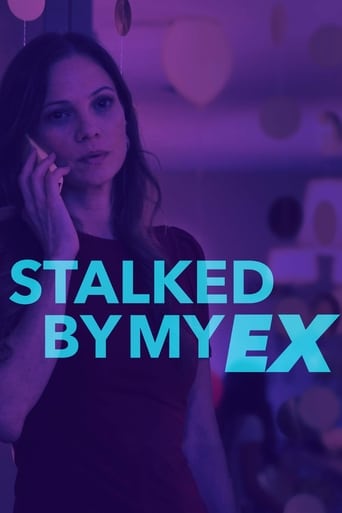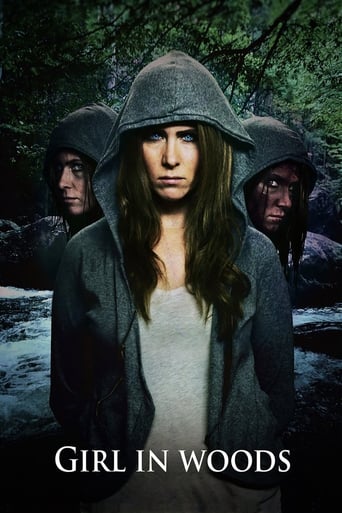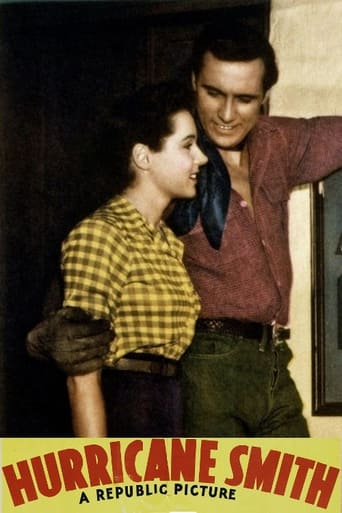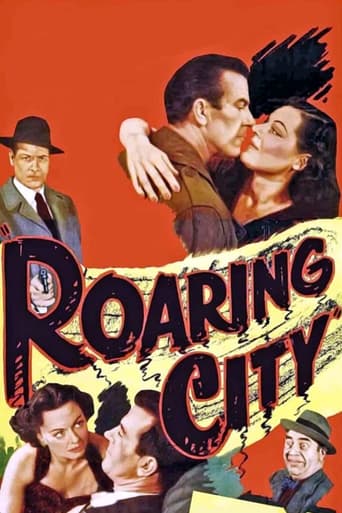
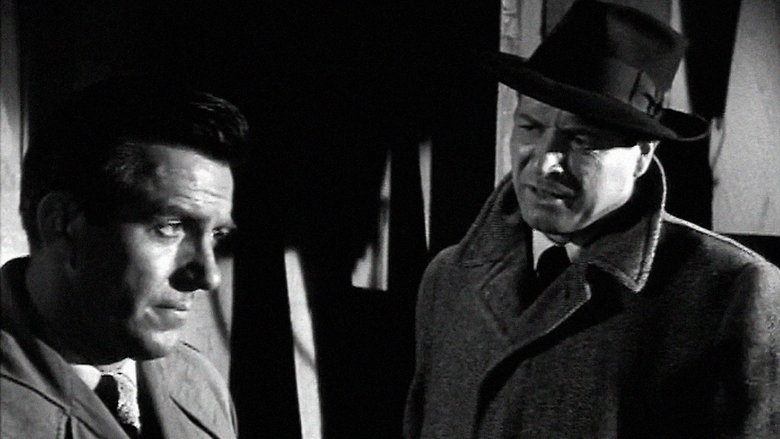
Roaring City (1951)
A San Francisco private eye finds himself under suspicion while investigating a prizefighter's murder.
Watch Trailer
Cast


Similar titles
Reviews
One of my all time favorites.
It was OK. I don't see why everyone loves it so much. It wasn't very smart or deep or well-directed.
The storyline feels a little thin and moth-eaten in parts but this sequel is plenty of fun.
One of the most extraordinary films you will see this year. Take that as you want.
As a PI, Beaumont's (O'Brien) got all the macho moves and snappy rejoinders down pat. In fact, dialog may be the programmer's chief asset. The movie's really two separate half-hour stories in a single one-hour package, but don't bother with the plots. They're too complex for brief run-times, and really just an excuse to move the cast around cheap apartment sets. I'm just sorry we don't see more of atmospheric San Francisco where the shenanigans ostensibly occur. I could also have used more of the stately blonde (Valerie) instead of guys in trench coats threatening one another. Seems like O'Brien's main purpose is to get slugged and then wake up amid dead bodies. Nothing special or unusual here, except for Ward Cleaver making a pretty darn good tough guy. Trouble is the blended half-hours are more unwieldy than satisfying.
Hugh Beaumont who made an indelible impression on all kids as the world's greatest dad as Ward Cleaver on television will shock the fans of Leave It To Beaver when they see him play laconic private eye Dennis O'Brien, living on the San Francisco wharf with his research man Edward Brophy in Roaring City. Definitely not the Hugh we're used to.You know he's got the dialog and the patter down straight, but as a detective he falls into the Miles Archer rather than the Sam Spade category. In this film which involves Beaumont in two separate stories in both cases he does a job which looks really suspicious from the start. In the first he lays down some bets for a fight manager against his own fighter under an alias. He looks real good for the homicides of both the manager and the fighter to detective Richard Travis.The second one is even worse, he's asked to pose as the husband of one of a pair of women in a rendezvous and the real husband comes up dead with an unconscious Beaumont with the stiff in a trash dumpster. I mean this guy's radar is really on the fritz.Still it's not a bad premise for a television show which it was for a brief time and it proves that Hugh Beaumont could be something other than the All American Dad.
Yes, I meant what I said in the summary. Despite a confusing plot and perhaps one too many twists, this is a dandy low-budget example of film noir. One of the biggest reasons to watch it is to see Hugh Beaumont playing such a jaded and noir character. This guy is as far from the Ward Clever character that Beaumont played on "Leave It To Beaver" as you can get!! In fact, his dialog is so snappy and he is so different that I strongly advise you to watch! Sure, I know that Beaumont actually played in a lot of cop films and on TV in roles as crooks, prosecutors and policemen--but this one is so much grittier and amoral than anything I'd seen. Another big reason to watch is because it's not just Beaumont--ALL the people talk with some of the darkest and snappiest dialog imaginable--it's like a textbook example of the genre. Along the same lines, the action is amazingly gritty. I've never seen another film with so many 'dames' getting slapped around!! While this may sound offensive, it really adds to the realism and the women in this film, like the men, are vipers. Finally, a reason I loved it probably won't matter to the average noir viewer, but I loved seeing Eddie Brophy playing such an atypical character. Brophy almost always played low-brow sorts--most often dumb thugs. Here, however, he plays so much against type it made me laugh. Here, he's called 'the Professor' and talks like a Harvard lecturer!! And, he doesn't come off as dumb at all--and sounds quite convincing. Oh, and if you think you recognize his voice, he played Timothy in Disney's "Dumbo".As I said above, the plot seemed incidental. It all begins with Beaumont playing a private detective who will do almost anything for a buck. A crook wants him to place some bets in his name--as a boxing match has been fixed (boxing not on the level--say is ain't so!). But, when the losing boxer WINS, things start spiraling out of control and Beaumont finds himself suspected of the murder. There is LOTS more to it than that and who is responsible and why is dandy....but the road there is full of a bazillion twists and turns. Relax is my advice...and just enjoy the ride. This is a wonderful example of a low-budget noir film that manages to be better than many of the bigger studio efforts! See it.
As noted elsewhere, this film bears a strong resemblance to the Old-Time Radio program, PAT NOVAK FOR HIRE. The setup is virtually identical. The protagonist (calling him a hero is a tad generous) has a shop on a pier in San Francisco, is 'for hire" for any odd job that he feels comfortable with, legal or otherwise. As with the radio show, he has an intelligent, though alcoholic, helper who can do leg offstage to get him the data he needs to put the pieces of a caper together. Also like the radio show, he gets knocked out a lot.The radio show had a lot of colorful similes, verging toward purple prose, that's diminished in the films, but then, Dennis O'Brien is no Pat Novak. (Only Jack Webb could deliver the lines the way they would work.) But, like Novak, O'Brien has a nemesis on the police force, an inspector (Hellman for Novak, Briger for City). The inspector in the film is played by Richard Travis; in the radio show, it was played by Raymond Burr.That aside, the stories were structured like the radio show. Most of the women were, well, far from innocent victims or bystanders. This is clearly evident in both stories.One thing in the first story that is bemusing. Toward the end of the story, Inspector Bruger becomes convinced about the guilt of the villain, gawking the heat off O'Brien. He holds the guy at gun point as O'Brien decides to call it a day. Exiting the apartment, O'Brien casually walks between Bruger and his prisoner, right through the line of fire! But nobody reacts. Criminals must have been a lot more cooperative in those days! The film is abstaining, but nothing special. A pale echo of PAT NOVAK FOR HIRE to that show's fans, though.


